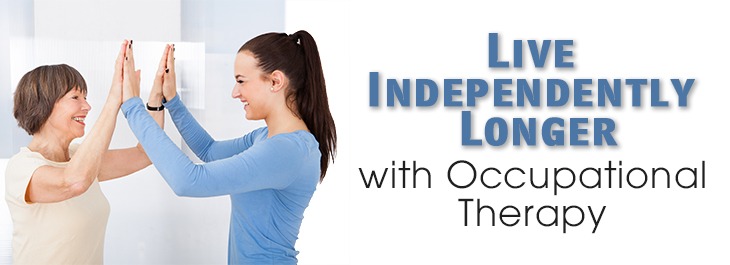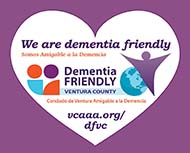
What if there was a service that could help you better function in your daily activities? Most people hope to live independently for as long as possible while performing all the duties necessary to take care of themselves. These self-care actions are called activities of daily living, or ADLs. These essential skills can be lost after a stroke or due to cognitive decline.
When people lose the ability to perform too many of their ADLs by themselves they may seek the help of an Occupational Therapist to improve their level of functioning. For those wanting to live independently and age in place, OT may be the secret.
What Occupational Therapy Is
Occupational therapy is a process in which a trained professional assesses your level of functioning. These professionals are called occupational therapists. Among the things occupational therapists assess include:
- Grip strength, which can impact the ability to hold a knife and fork
- Range of motion, which includes reaching for objects
- Balance
- Hand writing
Occupational therapists may work with a doctor’s practice, in the hospital, home health agency, or directly with patients. They help train individuals in how to perform activities of daily living, recommend home modifications, prescribe orthotics or prosthetics where applicable, and teach exercises.
How Occupational Therapy Can Promote Independent Living
The biggest challenge as people age or after having a stroke is maintaining the ability to regain functions that have been lost. Most of us take for granted the simplest skills that we do every day, such as dressing ourselves or balancing in the shower. It can be both embarrassing and frustrating when skills are lost, either suddenly or over time. Yet these skills are essential for being able to take care of yourself without assistance. Occupational therapists with Assisted Home Health & Hospice make home visits to assess what needs to be changed in the home environment. They may recommend bars in the shower and next to the toilet, to aid in getting up and holding on for balance. They may recommend modifications to eating utensils to make it easier to feed yourself.
Other adaptations that can make it easier for people to take care of themselves include bed rails, timers to turn off lights and electronics, and night lights to prevent accidents at night. By focusing on all of these aspects of the home and more, it enables people to stay in their homes for much longer by teaching them how to protect themselves.
Signs that You Need Occupational Therapy
If you have had a stroke, you will often need occupational therapy, along with possible speech therapy and physical therapy. The goal is to repair and regain skills that were lost. Some other signs that you or a loved one may need occupational therapy include the following:
- You’ve noticed that your senses are diminished, such as more difficulty hearing or seeing clearly
- You have difficulty getting in and out of bed or chairs
- You worry about losing your balance
- You’re afraid that you may not be able to get back up if you fall down
Occupational therapists know what to expect as people get older and can help them make the necessary adjustments. With careful attention and a few modifications, occupational therapists can help seniors thrive independently at home.
To learn more about how Assisted’s team of caring and compassionate professionals can help your family, visit www.AssistedCares.com.







